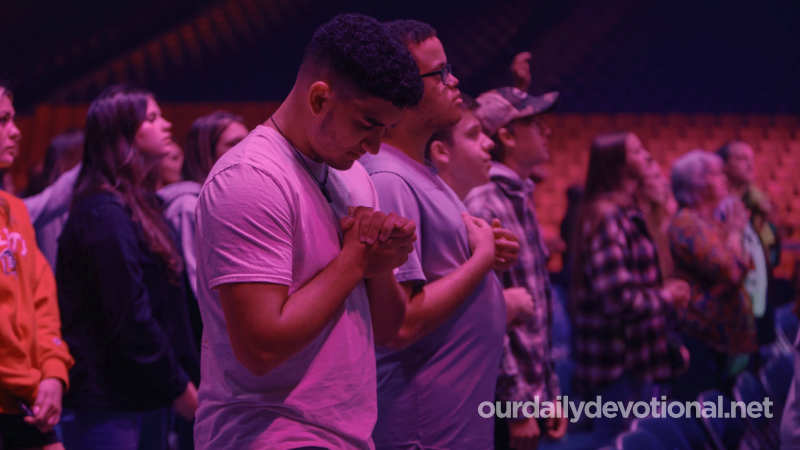(a) ARMY.
Soldiers gathered into well-organized troops, under the orders of a leader (Gen. 21:22; Judges 4:2; Ex. 7:4; 12:41; Num. 2:3; 1 Kings 2:5). It must be remembered that Israel was the host of Jehovah, placed at his command, and fighting his battles (Ex. 12:41; Josh. 5:14).
It seems that all those over twenty years of age were considered capable of bearing arms (Num. 1:3). During the march through the desert and the conquest they camped in four divisions of three tribes each, with a captain over each tribe. The subdivisions were in thousands and hundreds (Num. 31:14) and in families (Josh. 7:17).
There were trumpet calls (Num. 10:9; cp. 1 Cor. 14:8), and all the appearance of careful organization. Until the time of the kings this natural or tribal organization seems to have been maintained, but in the time of Saul we find a personal guard (1 Sam. 13:2), and a general of the army (1 Sam. 17:55).
In David's time the heroes who were with him in the cave of Adullam formed the core of his "mighty men" (2 Sam. 23:8-39). They were dedicated to the service of the king appointed by God. David later organized a militia of 24,000 men under 12 captains (1 Chron. 27:1-15).
The general rank ranged from soldiers, men of war, "servants" of Solomon, captains, chariot commanders, and horsemen (1 Kings 9:22). It may be noted that, horses having been prohibited (Deut. 17:16), it was not until the time of Solomon that cavalry was organized, although David had reserved horses for one hundred chariots of the spoils of the Syrians (2 Sam. 8:4).
Solomon, trading with Egypt (1 Kings 10:28, 29), increased his numbers until the force reached 1,400 chariots and 12,000 horsemen (1 Kings 10:26; 2 Chron. 1:14). With all able-bodied men subject to military service, David had an army of 1,570,000 men “who drew the sword” (1 Chron. 21:5).
After the division, Judah, during the reign of Abijah, had 400,000 "mighty, chosen men of war," while Israel had, at the same time, 800,000 "chosen men"; Jehoshaphat, who grew greatly, had 1,160,000 men at his disposal, apart from those who were garrisoning the fortified cities.
There are a few references to the Roman army in the NT. A "legion" was an army corps that contained all ranks. During the empire, there was, in round numbers, a force of more than 6,000 men.
Each legion had, theoretically, 10 cohorts of 600 men; each cohort, 3 maniples of 200 men; and each maniple 2 centuries of 100. Hence comes the name centurion or commander of 100 men as we find in Acts. 10:1, 22, etc.
The headquarters of the Roman troops in Palestine was at Caesarea, with a cohort at Jerusalem; but at the time of the festival, when the rebellious temper of the Jews could manifest itself, more reinforcement troops were found in the city, although without their emblems of the eagle, etc., which were especially offensive to the Jews.
Although the Romans were God's rod to punish them, they were not willing to humble themselves or receive the punishment as coming from the Lord.
(b) ARMY OF HEAVENS
(JEHOVAH OF HOSTS). On a very different level, the Bible also speaks of the celestial army formed by angels (1 Kings 22:19; Ps. 148:2; Luke 2:13). The group of stars is also sometimes called the army of heaven (Deut. 4:19; 2 Kings 23:5).
The Semites gave this name to the sky, its powers and the celestial bodies; while by the term earthly army they denoted the earth, everything that is found in the forces of nature: winds, lightning, heat, cold, wild beasts and inanimate things (Gen. 2:1; Ps. 33:6) . God himself is often called Jehovah of hosts.
This expression is sometimes stated to mean that Jehovah is the God of the armies of Israel; and to demonstrate this point we can quote the words of David to Goliath: «You come to me with sword and spear and javelin; but I come to you in the name of the Lord of hosts, the God of the armies of Israel” (1 Sam. 17:45); The prophet Isaiah also said: “The Lord of hosts will come down to fight on Mount Zion” (Is. 31:4).
However, this application does not exhaust the meaning of the term. It is true that Jehovah waged war for his people, and that he truly was “Jehovah the strong and mighty, Jehovah mighty in battle” (Ps. 24:8). However, Jehovah of hosts means much more than a God giving victory to the Israelites on the battlefield.
The Greek translations saw the deep meaning of this term, and translated it as "Pantocrator", the Almighty. The term army that appears in this expression refers to the armies of all creation, which, spiritually and materially, constitutes an immense army, with numerous divisions, composed of all types of troops, organized and commanded.
Meaning of ARMY
(a) ARMY.
Soldiers gathered into well-organized troops, under the orders of a leader (Gen. 21:22; Judges 4:2; Ex. 7:4; 12:41; Num. 2:3; 1 Kings 2:5).







